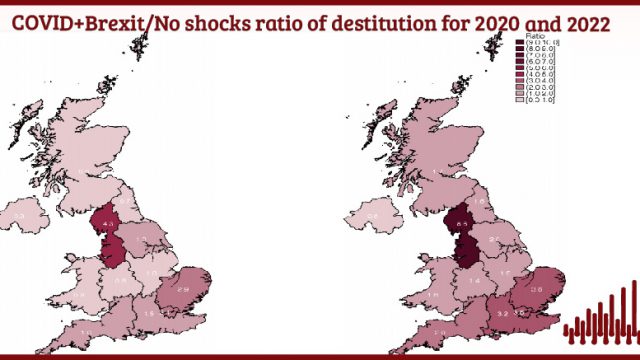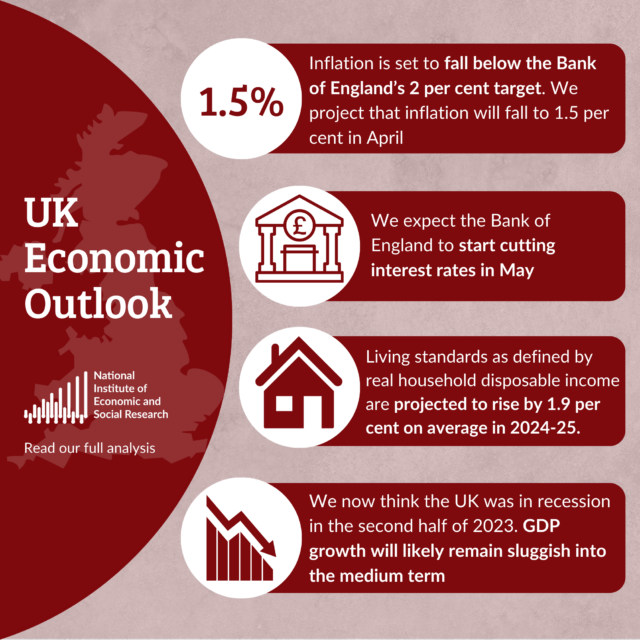Commentary: Devolution within the UK
 Pub. Date
Pub. Date
 Pub. Type
Pub. Type

The outcome of the Scottish referendum shows that the clear will of the Scottish people is to stay in the UK. For the first time it can be said that the union of the two largest nations is entirely consensual.
However, the referendum process also revealed considerable dissatisfaction. The leaders of the UK’s main political parties recognised this two days before the referendum and made a public vow that “extensive new powers for the [Scottish] Parliament will be delivered by the process and to the timetable agreed and announced by our three parties.” Not surprisingly, the three main parties, the Scottish National Party and the Scottish Green Party all have different ideas of what these ‘extensive new powers’ should be. Lord Smith has agreed to oversee the process for reaching agreement between the parties on which new powers should be devolved by November, allowing for draft legislation by January.
We believe that the Scottish referendum revealed two clear preferences. First, there are certain capabilities which the UK provides that are invaluable to all constituent nations: a successful currency union and a seat at the top table of the world’s leading international forums, such as the European Union. There may also be other centrally provided capabilities which are highly valued, such as security and diplomacy. Second, there is a clear wish for genuine power to be transferred away from central government to local decision making. This is not simply a matter of more discretion over public spending but the responsibility for real economic choices. Only when politicians have responsibility to make decisions can they be held accountable for the outcomes.
Whether the vow was wise or not is a moot point. The only way for Scotland’s politicians to be accountable is for them to be able to take decisions on which they can succeed or fail. This requires changing the Parliament’s near total dependence on a block grant decided by Westminster. In addition to more tax powers (other than fully devolving income tax), a necessary requirement is to allow the Scottish government to borrow in its own name from capital markets. This requires removing the extremely cautious borrowing limits in the Scotland Act (2012). Only by introducing market discipline will the Scottish government be held to account by its electorate.
This commentary was also released as a separate report on Monday 3rd November 2014.
























